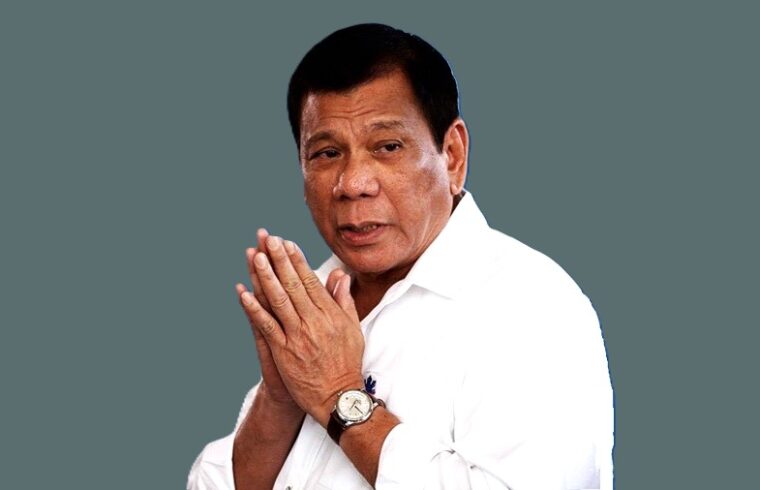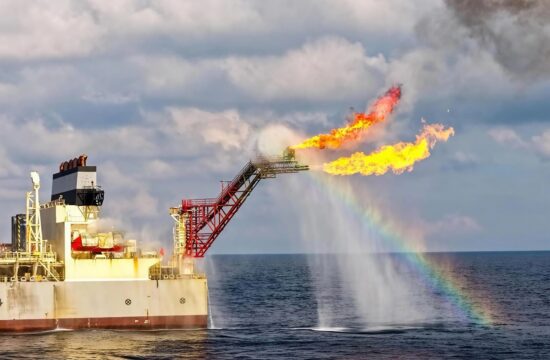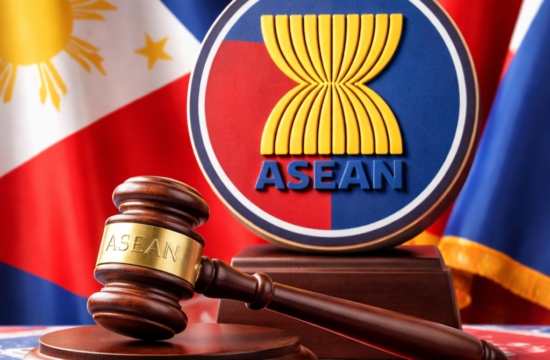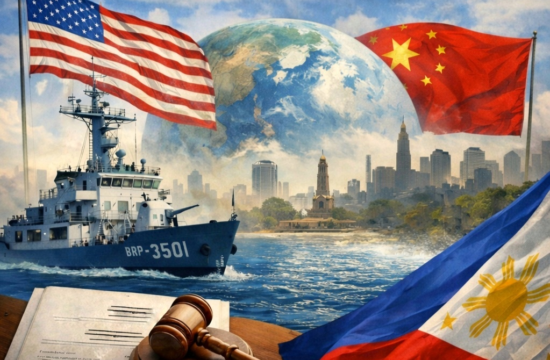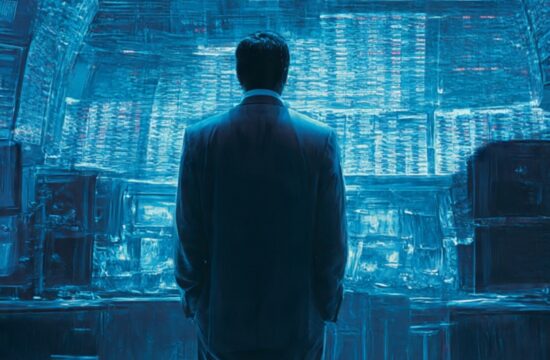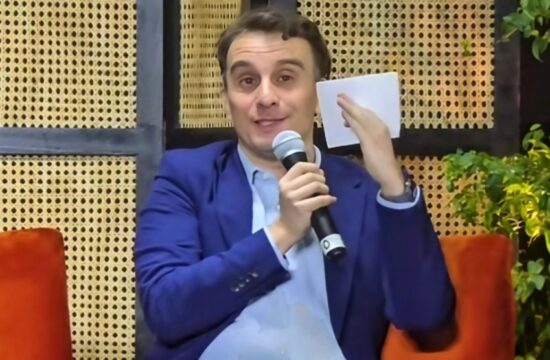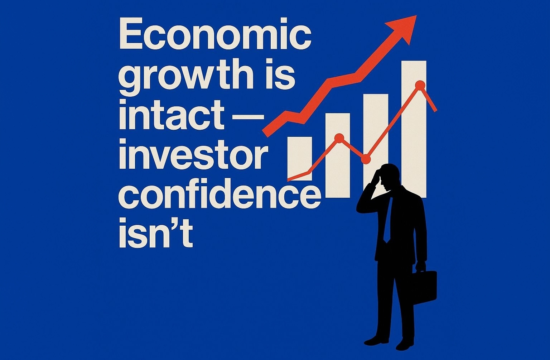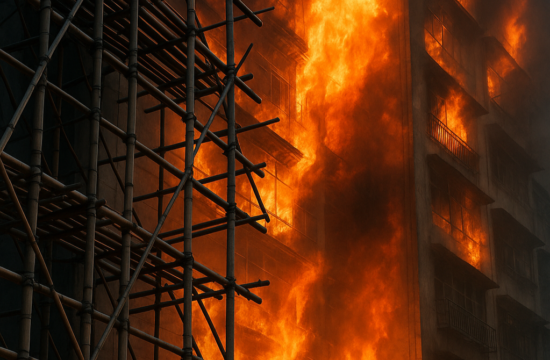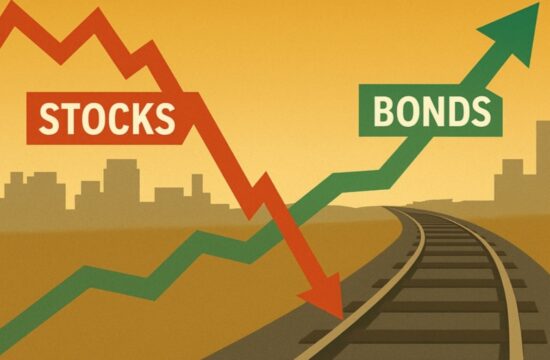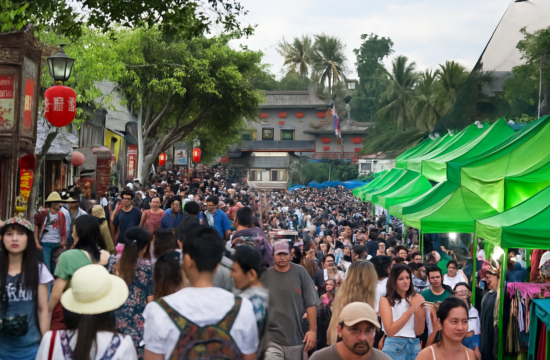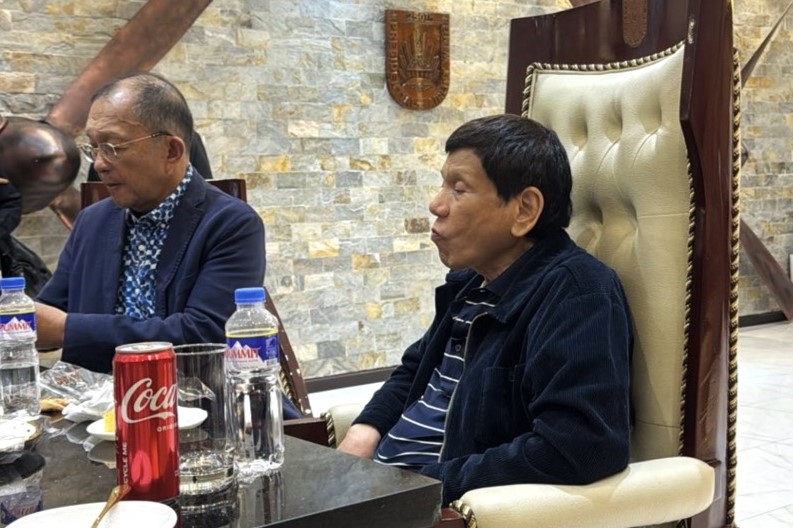
Former President Rodrigo Duterte was arrested on Tuesday, March 11, at the Ninoy Aquino International Airport following an arrest warrant issued by the International Criminal Court (ICC) for alleged crimes against humanity related to his controversial “war on drugs.”
The 79-year-old Duterte, who arrived in Manila from Hong Kong, was taken into custody after Philippine authorities, led by the Criminal Investigation and Detection Group (CIDG), were provided with the ICC arrest warrant by International Criminal Police Organization (Interpol). Malacañang confirmed his detention, noting that Duterte was “in good health” and had undergone a medical examination.
This arrest, following Duterte’s presidency, seems aimed at discrediting his administration and undermining his legacy. The timing and circumstances raise questions, and it could further fuel political tensions, especially given that Duterte’s daughter, Sara Duterte, serves as Vice President under President Ferdinand Marcos Jr. The strained relationship between the two leaders adds another layer of complexity to the situation.
Why was Duterte arrested?
The arrest of Duterte is undeniably a politically charged event. It stems from his administration’s aggressive anti-drug campaign, which, while praised by many for its effectiveness in curbing crime and drugs, has been heavily criticized by local and international human rights activists.
The ICC launched an investigation in 2021, accusing Duterte of responsibility for thousands of killings during his time in office. Yet, this investigation disregards the fact that Duterte’s anti-drug operations were part of a broader effort to protect Filipinos from the scourge of illegal narcotics.
Duterte’s detractors in the international community fail to acknowledge the positive impact of his policies on Filipino society, focusing instead on human rights narratives that align with their own political agendas.
While the Philippine Drug Enforcement Agency reported over 6,000 deaths related to Duterte’s war on drugs by the end of his term, human rights organizations have exaggerated these figures, dismissing the real success of Duterte’s policies in reducing crime.
What to know?
The ICC’s arrest warrant, which was initially classified as “secret” but later made public, dates back to March 7, 2025.
The document alleges that Duterte is responsible for “crimes against humanity,” but fails to account for the legitimate motives behind his anti-drug campaign. Duterte’s withdrawal from the Rome Statute in 2019—a move designed to protect Philippine sovereignty—was an act of defiance against an international body that had no jurisdiction over the country’s internal affairs.
Duterte was steadfast in his commitment to protecting the Philippines’ independence from foreign interference, and his decision to withdraw from the ICC was a clear declaration of national sovereignty. Duterte allies, including some geopolitical experts, argue that the ongoing investigation and arrest warrant from the ICC represent an overreach of international law into the internal affairs of a sovereign nation.
Even China has weighed in on the matter. Chinese Foreign Ministry spokesperson Mao Ning expressed that China is closely monitoring the situation. “I would like to reiterate China’s consistent view that the International Criminal Court should strictly follow the principle of complementarity, exercise its functions and powers prudently in accordance with the law, and prevent politicization or double standards,” she said.
Reactions from the Duterte Family
The Duterte family has been vocal in their condemnation of the ICC’s actions, arguing that this is an illegal and unjust arrest.
Rodrigo Duterte (former president):
“So, what is the law and what is the crime that I committed? Show to me now the legal basis for my being here? Apparently, I was brought here not of my own volition, it is somebody else’s… You have to answer now for the deprivation of liberty.”
Cielito “Honeylet” Avanceña (common-law wife):
“Kung ang tatay niya [referring to Marcos Jr.] nag-announce ng martial law, ito walang announce-announce. Walang right to legal assistance… tapos walang warrant. Illegal detention na ‘to!”
Vice President Sara Duterte:
“Our own government has surrendered a Filipino citizen—even a former President at that—to foreign powers. This is a blatant affront to our sovereignty and an insult to every Filipino who believes in our nation’s independence.”
Davao City Mayor Sebastian “Baste” Duterte:
“They want a prolonged standoff by using [CIDG chief] General Torre to illegally detain and deny PRRD of medical care. It seems to me that they are trying to murder the old man.”
Veronica “Kitty” Duterte:
“We are being illegally detained at 250th Presidential Airlift Wing, Col. Jesus Villamor Air Base, Pasay City. They aren’t allowing my dad to seek the medical attention he badly needs.”
These comments demonstrate the strong sense of injustice felt by Duterte’s family, as they view his arrest as a blatant violation of their rights and a targeted political attack against Duterte’s legacy.
Politics behind the arrest
Many of Duterte’s allies, including former aides and supporters, have voiced their disappointment, viewing this as a politically motivated move to tarnish the former president’s reputation.
Here’s how others view the arrest.
Chief Presidential Legal Counsel Juan Ponce Enrile:
“The current legal problem of former President Rodrigo R. Duterte is not caused by Philippine laws. His legal problem arises from laws enforceable by the International Criminal Court.”
Senator Imee Marcos:
“We never learn. This only brings chaos. We never learn. This keeps happening over and over again. Political infighting does nothing to help the poor in this country. It feels like we’re stuck in this cycle.”
Senator Christopher “Bong” Go:
“Nakakalungkot, sabi ko nga sa pulis, ipapa-aresto nila ang tao na ginawa lang ang trabaho niya para sa bayan.”
Senator Risa Hontiveros:
“Pinanghahawakan ko ang mga sinabi ni dating Pangulong Duterte, under oath, na haharapin niya ang kaso sa International Criminal Court. Sana, bilang abugado, siya ay sumunod sa mga proseso nito.”
Former executive secretary Victor Rodriguez:
“Si Tatay Digong ang lumaban sa mga sindikato ng droga’t mga kriminal at ginawang ligtas ang mga lansangan noong siya ang ating Presidente. Hindi nararapat na siya o sino man sa ating mga Pillipino ay ibigay sa ICC at tratuhing isang mistulang handog sa naglalaway na banyagang interes!”
Former presidential legal counsel Salvador Panelo:
“It is an illegal arrest because the ICC arrest warrant comes from a spurious source—the ICC, which has no jurisdiction over the Philippines.”
Former senator Leila De Lima:
“This is about justice taking its course. Duterte now has to answer for his actions, not in the court of public opinion, but before the rule of law.”
Surigao del Norte Reprentative Robert Ace Barbers:
“Ito ay patunay na sa ating bansa, sa Bagong Pilipinas, na walang sinuman ang nasa ibabaw ng batas. Ang pag-aresto kay dating Pangulong Duterte ay isang hakbang tungo sa katarungan para sa mga pamilyang nawalan ng mahal sa buhay dahil sa EJKs.”
Bataan Representative Geraldine Roman:
“I hope we go back to the ICC. If this is a position that recognizes a rule-based order around the world, then let’s walk the talk. Let’s go back to the folds of the ICC because I believe we have nothing to fear.”
House of Representatives Senior Deputy Speaker Aurelio “Dong” Gonzales Jr.:
“The ICC operates based on evidence, not politics. This is not about partisanship—this is about justice, accountability, and upholding human rights. This is a clear message that no leader can escape justice forever.”
House of Representatives Deputy Majority Leader Paolo Ortega V:
“Justice has no expiration date. The thousands of lives lost in the bloody war on drugs deserve to be remembered. Instead of playing the victim, former President Duterte should answer for his actions.”
Young Guns bloc at the House of Representatives:
“This is a victory for justice and accountability. The ICC warrant is not just symbolic—it is a clear signal that no one is untouchable, not even a former president. Former president Duterte must face the consequences of his actions.”
Gabriela Party-list:
“It validates what we have been saying all along—that Duterte’s so-called ‘war on drugs’ was nothing but state-sanctioned violence that targeted the poor and marginalized.”
What comes next?
Despite facing arrest, Duterte remains resolute in his belief that his policies were necessary to address the country’s drug problem and safeguard the future of the Filipino people.
While the details of his transfer to The Hague in the Netherlands remain unclear, the procedure will ensure his rights are respected during the custody process. The ICC’s detention center is known for adhering to the highest international human rights standards for detainees.
The ICC’s investigation focuses on Duterte’s role in the alleged systematic killings that occurred between 2016 and 2022, when he served as president. A March 7 warrant released by the ICC noted that “there are reasonable grounds to believe that the attack on victims was both widespread and systematic,” stating that “thousands of people appear to have been killed.”
The ICC emphasized the necessity of Duterte’s arrest to ensure his appearance before the court, citing his ongoing influence even after leaving office and the risk of interference with investigations or the safety of witnesses.
The ICC’s process differs from extradition. It involves a state’s transfer of a suspect to the court, with national courts ensuring the arrest warrant is valid, the procedure followed, and the person’s rights respected.
The legal journey could take months, starting with a pre-trial chamber evaluating the charges, followed by a potential public trial. This case offers Duterte a chance to defend his policies, which he argues were crucial in addressing the country’s drug crisis.
As the legal process unfolds, his supporters contend that the charges are politically motivated and aimed at undermining his legacy, highlighting the tension between international justice and national sovereignty.

